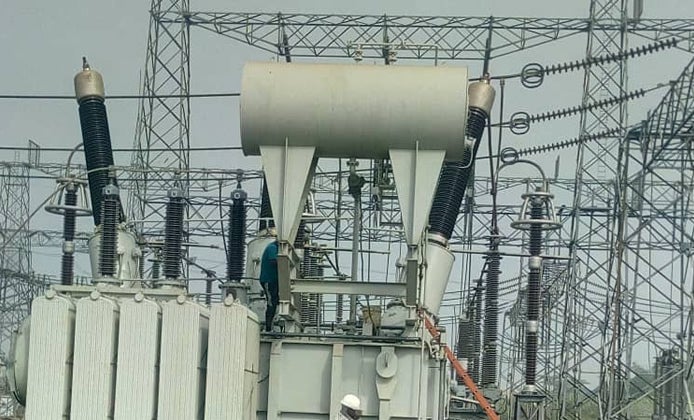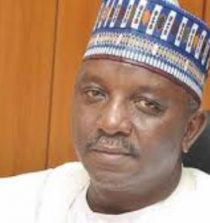Damilola Shittu – Abuja
The Federal Government on Thursday dismissed insinuations that political consideration was inhibiting it from determining electricity tariffs.
It noted that rather, Distribution Companies (Discos) were responsible for setting the tariffs after consultations with consumers, subject to the approval of the Nigerian Electricity Regulatory Commission (NERC).
The clarification came against the backdrop of the controversy over a new tariff regime, which was supposed to have become effective on July, but was deferred following disagreement among stakeholders in the power sector.
Speaking thursday during a web conference, tagged “Critical Decisions for the Power Sector”, organised by Nigeria Electricity Hub, Minister of Finance, Budget and National Planning, Mrs. Zainab Ahmed, stated that the challenges in the power sector were costing Nigeria a lot.
She added that the federal government was striving to resolve the issues within the sector and some of its steps have started yielding fruits.
Ahmed noted that because of the nature of electricity supply, results are usually not felt until the entire process is completed.

She said aside the on-grid electricity supply, the government was also investing in alternative off-grid power sources.
However, other members of the panel, including the Chief Executive Officer, ZJK Energy, Mr. Rumundaka Wonodi; Principal Consultant, Emtech Energy Services, Ifey Ekeonu; and Head, (PMU) Nigeria Electrification Project (NEP), Mr. Kenny Anuwe, agreed on the need to reduce the political influence in the power sector.
Ahmed stressed that the current framework will ensure that apart from the fact that tariffs will be tied to power supply, the poor would no longer subsidise the rich.
She said: “Tariffs are set by Discos but they are expected to consult with consumers. Government does not set tariffs, but Discos do with the approval of the regulatory agency.
“It (power challenge) is costing us a lot. The regulators are working on a certain number of hours of service and tie it to tariff. We insist that the most vulnerable must not suffer.
“Now, the rates are staggered. If the Discos agree with consumers after consultations and if it works, there will be more liquidity and Discos can have more financing, but it takes time,” she stated.
According to her, as part of efforts in ensuring that things are done differently, the regulator has licensed separate companies to import metres to ensure efficiency.
She, however, said the federal government was willing to support the companies with rebates and review of import duty.
“But we prefer they bring in parts to enhance value addition,” she stated.
She also said Discos needed to remit more funds, adding that NERC was monitoring key performance indices and improvement plans submitted by the power distributors.
The minister said from feedback from NERC, consumers were willing to pay more, but added that the tariff hike must be tied to the provision of better service.
In her intervention, Ekeonu, an energy expert, lamented that neither the federal government nor consumers has benefited significantly from the privatisation of the power sector.
“Nigeria is at a critical stage. When privatisation was done, there were expectations, but they have not been met.
“Political interference or tariff issue is not a stand alone issue, but the challenges must be tackled holistically. In developing countries, tariff is a political issue and politicians intervene,” she noted.
Wonodi also said there was no clarity on how to measure the performance of the Discos and other participants in the power value chain.
He added that tariff hike must not take place for the sake of it, but must be tied to verifiable, factual and data-based key performance indicators.
He said: “Right now, tariff doesn’t mean any measure of service. There’s a lack of clear key performance indicators. What are the tariffs doing for the consumers who have no clear signals the difference it will make? What does cost reflective tariff mean to the consumer? Is he getting better service?”










I don’t think the title of your article matches the content lol. Just kidding, mainly because I had some doubts after reading the article.